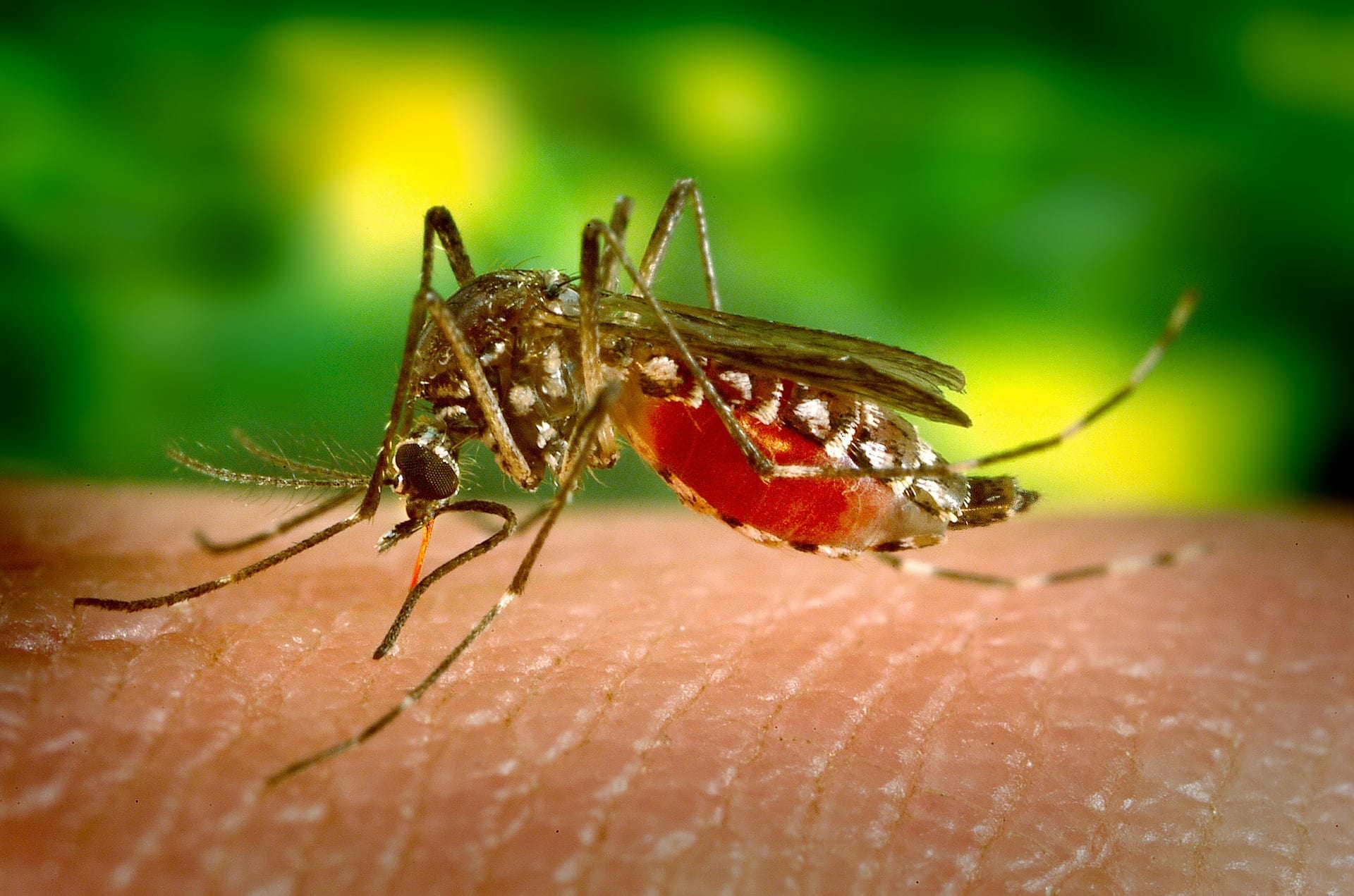Now that mosquito season has officially arrived, so has the threat of mosquito-borne disease. Due to several outbreaks of mosquito-borne disease in certain areas of the US in recent years, it is tremendously important for people to take measures to avoid bites and reduce mosquito populations in residential areas. There exists numerous mosquito repellent products that contain a variety of ingredients, many of which are well documented for effectively preventing mosquito bites. There also exists many mosquito repellent products that contain ingredients that researchers have found to be largely ineffective for preventing mosquito bites. For example, repellents containing “natural” ingredients like eucalyptus, citronella, lemon, and soybean oil will not provide lasting protection from mosquito bites. Experts with the Centers for Disease Control and Prevention strongly recommend using products that contain DEET or Picaridin, as numerous studies have shown that these potent, but harmless chemicals provide lasting protection from mosquito bites.
In addition to applying mosquito repellent, residents of Ventura County should do their best to reduce urban mosquito populations by keeping standing water sources around homes minimal. A mere water-filled bottle cap on a residential lawn provides adequate nourishment for a large number of mosquito eggs. According to the Ventura County Resource Management Agency, 15 mosquito species are common in the county, and some of these species transmit diseases like the West Nile virus, St. Louis encephalitis, malaria, and western equine encephalitis. Vector control specialists with the Ventura County Naval Base state that as many as 22 mosquito species can be found in the county during the warmer months, and many of these species breed within the area’s abundant marshland. Some mosquito species, like the salt marsh mosquito, are more of a nuisance than a medically threat, but several species belonging to the Culex genus are known to spread disease in Ventura County. Unfortunately, two invasive and disease-spreading mosquito species that breed in urban and suburban areas have been expanding their habitat in southern California in recent years. These two species, Aedes aegypti and Aedes albopictus, can now be found from San Diego to Los Angeles Counties, as well as several inland counties. While these two species have not yet been found in Ventura County, local, state and federal experts believe that this may change during the 2020 season.
Do you take measures to avoid mosquito bites?


